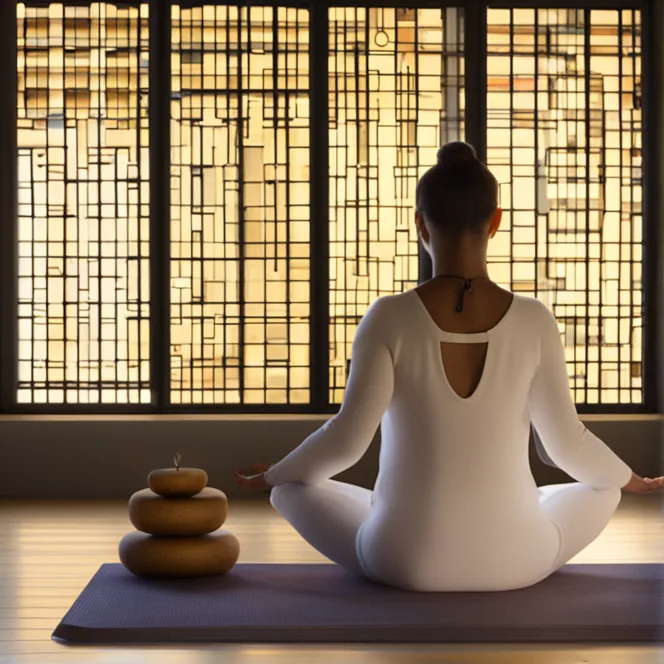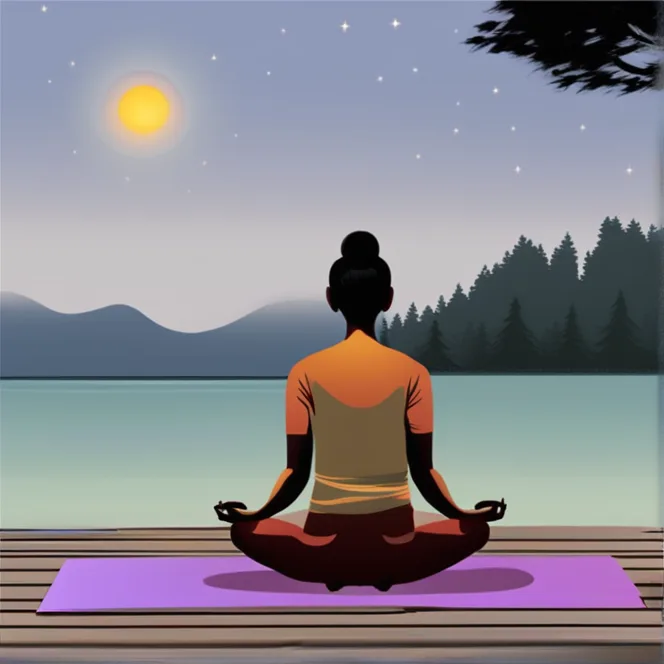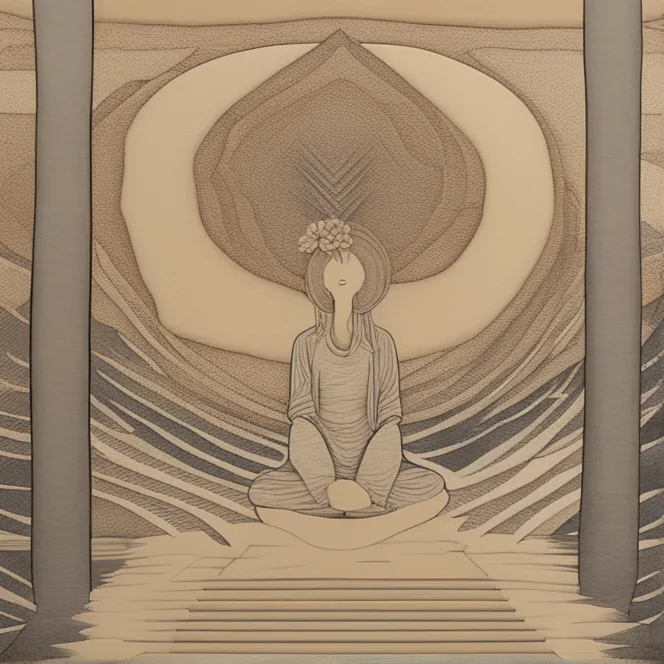
Meditation For Deep Relaxation
Discover a tranquil meditation practice to unwind the mind and promote deep relaxation amidst life's chaos.
article by Hina Kurosawa
Understanding Relaxation Meditation
Meditation has long been utilized as an effective tool for relaxing the mind and rejuvenating the body. When we talk about relaxation meditation, we refer to techniques specifically designed to release tension and foster a peaceful state. The significance of these practices stems from their power to reduce stress, improve sleep quality, and enhance overall wellbeing. Engaging in daily relaxation meditation can nourish mental clarity and generate a serene mental landscape, allowing for better coping with life’s various challenges.

Setting the Scene for Serenity
Before delving into the practice, creating an environment conducive to peace is paramount. Choose a quiet space where interruptions are unlikely. Dim the lights or use candles to instill a sense of calm. Additionally, consider incorporating elements such as comfortable cushions or chairs, and perhaps a soft blanket to maintain a warm and cozy atmosphere. Ambient sounds or soothing music can also enhance the meditative experience, promoting a deeper descent into tranquility.

Embarking on the Journey
Commence your meditation session by adopting a comfortable seated position. Rest your hands gently on your knees or in your lap and close your eyes to signal to your mind that it’s time to unwind. Take several deep breaths, inhaling through your nose and exhaling through your mouth, allowing each exhalation to release the day’s accumulated stress. Though moments of distraction are natural, guide your focus gently back to the rhythm of your breath.

Finding Focus within the Breath
The breath is a profound anchor, constantly accessible and powerful in its simplicity. As you settle into your meditation, shift your attention to the natural flow of your breathing. Observe the air's path as it enters and exits your body, noticing the rise and fall of your chest or abdomen. If your mind wanders, which is a common occurrence, acknowledge the thoughts without judgment and gently return your awareness to your breath. This practice hones concentration and fosters a deeper state of relaxation.

Using Visualization to Enhance Calm
Visualization can further deepen relaxation. Picture a serene setting, perhaps a tranquil beach or a quiet forest glade. Imagine yourself in this place, engaging all your senses to bring the scene to life. Hear the whisper of the leaves or the gentle lap of waves, feel the warmth of the sun or the coolness of a breeze. Such vivid imagery can transport you away from the stress of the external world, cocooning you in a restful mental space.
Reaping the Benefits
With consistent practice, meditation to relax can cumulatively soothe stress, foster better sleep, enhance concentration, and uplift mood. It’s a versatile tool that can be adapted to fit any lifestyle or schedule. Whether dedicating five minutes or half an hour, each session contributes to building a more harmonious inner world. By integrating relaxation meditation into your daily regimen, you can harness its effects for a more centered, peaceful existence.
Gently conclude your meditation by bringing awareness back to your physical surroundings. Wiggle your fingers and toes, stretch if needed, and slowly open your eyes. Carry the calmness you’ve cultivated throughout the remaining hours of your day. Remember, meditation is a personal journey; feel free to modify the techniques to tailor your individual experience and maximize relaxation.
Published: 12/13/2023
Modified: 12/13/2023
More predictions
Come back here soon to learn more about yourself and your future





